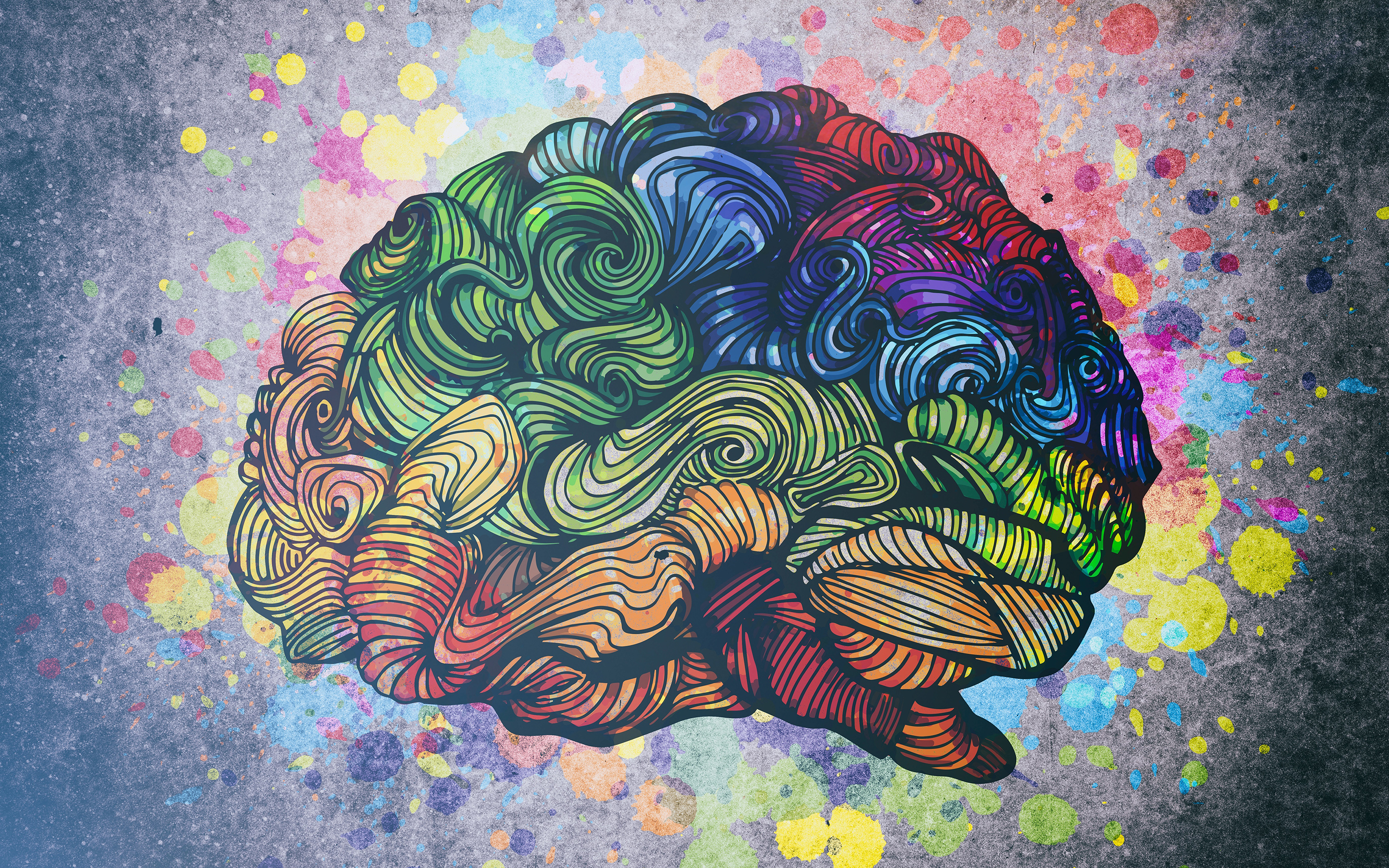We tend to talk about gratitude as a way of expressing thanks—thanks for a meal, an event, or an act of kindness. Following the lead of researchers in the field of positive psychology, the definition of gratitude is a little more broad. We define gratitude as the conscious appreciation of any aspect of our life experience. Sonja Lyubomirsky, on the other hand, offers a more poetic description:
“It is wonder; it is appreciation; it is looking at the bright side of a setback; it is fathoming abundance; it is thanking someone in your life…it is “counting blessings.” It is savoring; it is not taking things for granted; it is coping; it is present-oriented.”
Gratitude is one of the easiest ways to shift our set-point-driven state of mind. Fifteen seconds of savoring something you are grateful for can be transformative. It can broaden your perspective on life, turn problems into possibilities and irritation into curiosity. The challenge and real benefit comes from training the skill to become second nature so that you naturally savor gratitude throughout the day.
Jack, a former family business owner and executive coach describes a lifelong negative pattern of behaviour that changed when he developed a daily habit of gratitude:
“I used to focus on the “specks on the wall” of my life. Things that I didn’t have (cooler job, bigger house) or wanted more of (money, power). I was keeping score in a game that didn’t add up to what I really valued in life—my family, close connections with friends, and a job that was aligned with my purpose. I began to notice how often I focused on mostly the negative stuff. I developed a daily habit of gratitude and started keeping a gratitude journal. Now, when I begin to think about the specks, I shift to gratitude, and it completely changes my day. My best move, though, is to extend the feeling of gratitude and savor these moments by closing my eyes and taking a deep breath. It has transformed my life.”
We all have our own version of Jack’s “specks on the wall.” Without gratitude, we focus on life’s imperfections; in fact they often become all that we can see. Gratitude gives us a wider perspective. We may still see the imperfections but we also recognize the blessings that surround them.
Ram Dass, a former Harvard psychologist and an acclaimed spiritual teacher, uses the analogy of a picture of the sky to illustrate this shift in perspective. According to Dass, if you have a photograph of the sky that is zoomed in on a small gray cloud, that’s all you can see. Everything looks dark and colorless. But if you zoom out and see the sky from a larger perspective, you begin to see that the cloud is surrounded by blue sky. That’s the kind of shift in perspective that you can access through gratitude.
Gratitude and the Brain
Thanks to advances in neuroscience and positive psychology, we now have the scientific evidence to show that practicing gratitude holds a wide range of benefits in regards to your emotional and physical well-being. Gratitude diminishes anxiety, depression, and other signs of psychological unease while simultaneously cultivating appreciation and contentment.
How does gratitude work? Well, according to Rick Hanson, an expert on positive neuroplasticity, the brain is “like Velcro for negative experiences and Teflon for positive ones.” Traumatic experiences—car accidents, heartbreak, or intense fear—carve deep grooves in the neural structures of the brain.
The brain’s Velcro-like attachment to bad experiences reinforces the negativity bias of the brain. It ensures that we spend the bulk of our mental energy ruminating on regrets, resentments, and fears, rather than contemplating moments of bliss and elation. Recent research, however, has echoed the fact that gratitude can serve as an antidote to this negative spiral. Even though our brains are naturally attracted to negative memories, gratitude allows us to amplify the positive—to create more powerful and vivid memories and, in turn, a lasting change to the brain.
If you feel frustration while sitting in traffic, gratitude can help broaden your experience. You can begin to notice the changing leaves on the trees, relax into your breath, or use the delay as an opportunity to really listen to your favorite music or audiobook.
In fact, research conducted by Barbara Fredrickson, a psychologist at the University of North Carolina, has shown that gratitude “broadens and builds” the brain’s capacity to overcome negative emotional states. In the absence of gratitude, the mind closes in on a small handful of possibilities. Gratitude expands the field by “widening the array of thoughts and actions that come to mind.” For example, if you feel frustration while sitting in traffic, gratitude can help broaden your experience. You can begin to notice the changing leaves on the trees, relax into your breath, or use the delay as an opportunity to really listen to your favorite music or audiobook.
This shift isn’t merely psychological. Evidence from neuroscience suggests that the effects of this practice extends deep into the neural pathways of the brain. Dr. Richie Davidson, neuroscience researcher, notes, “From everything we know about the brain circuitry underlying these components it’s a good bet that well-being therapy [the expression of gratitude for self and others] strengthens the prefrontal cortex.”
4 Ways Gratitude Contributes to Well-Being
As psychologists continue to explore the casual mechanisms behind gratitude, one thing is clear. Gratitude offers extensive benefits of well-being, including:
- Increased optimism. Research demonstrates that the practice correlates to an increase in the experience of positive emotions and reduction of negative ones.
- Reduced stress and anxiety in times of crisis. In studies following the September 11 attacks on the World Trade Center and elsewhere, Fredrickson found that the practice of gratitude diminished the intensity and frequency of traumatic memories.
- Enhanced physical health. Gratitude helps lower blood pressure and the quality of our sleep. Researchers have found that by practicing gratitude, we get more sleep, fall asleep more easily, and feel better when we wake up.
- Improved relationships. Robert Emmons and Michael McCullough theorize that gratitude within relationships can create a kind of “upward spiral.” As we become more grateful for our friends and family, we treat them with more kindness and respect.
A Daily Practice to Help Make Gratitude a Habit
The key to making gratitude a habit is simply taking the time—once a day—to focus on the experience of gratitude. You might do this by writing down three things that you are grateful for, or by expressing gratitude at the beginning of a meal.
Whichever technique you use, here are a few tips to help you make the most of this practice:
- Get your friends and family involved. Have each person say what they are grateful for at the start of a meal. This will reinforce the experience and help everyone experience gratitude.
- Remember to do it. Like all well-being habits, the most difficult part of the gratitude practice is remembering to do it. We recommend two strategies. First, as mentioned above, get your family and friends involved. When you sit down to eat, each of you will help one another remember. Second, you can use the sticker technique. Put a small sticker with “Gratitude” written on it in the upper corner of your place mat. This will give you a visual reminder each time you eat at home.
- Don’t forget to rewire. It’s natural to experience gratitude in one instant and then move on to eating or whatever else you are doing in the next. Remember to introduce a subtle space after gratitude. For just 15 seconds, savor the experience.
- How you know it’s working. In a few weeks or a month, when you sit down to eat, you will express and savor your gratitudes for the day automatically. You will also start to notice the experience of gratitude becoming more frequent in the rest of your life.
- Find a cue that works for you. We strongly recommend meals because they often involve social situations in which you can share your gratitude practice with others. But if this cue doesn’t work for you, pick some other, regularly repeated daily event: waking up, going to bed, or starting your computer at the beginning of the day. The key is to keep your cue consistent.
- Go deeper. If you have mastered the practice of expressing gratitude at each meal, then feel free to begin building the advanced cue into your daily life: for instance, phone calls. Whenever you receive a phone call, rather than picking it up immediately, listen to at least two rings while thinking of one thing you are grateful for, and then answer the call as you savor the experience. You will find this practice more difficult than it sounds. When you master it, it will enable you to enter each phone conversation with a feeling of deep appreciation.
Adapted from Start Here: Master the Lifelong Habit of Wellbeing by Eric Langshur and Nate Klemp, PhD.
READ MORE
How to Practice Gratitude
Practicing gratitude has incredible effects, from improving our mental health to boosting our relationships with others. Explore ways you can be more appreciative in our mindful guide to gratitude.
Read More
What Science Reveals About Gratitude’s Impact on the Brain
New research sheds light on the physiology of gratitude, bringing us closer to being able to understand and harness the health benefits of this powerful emotion.
Read More
Open Up to Gratitude
Explore these three mindfulness practices to connect with gratitude.
Read More









